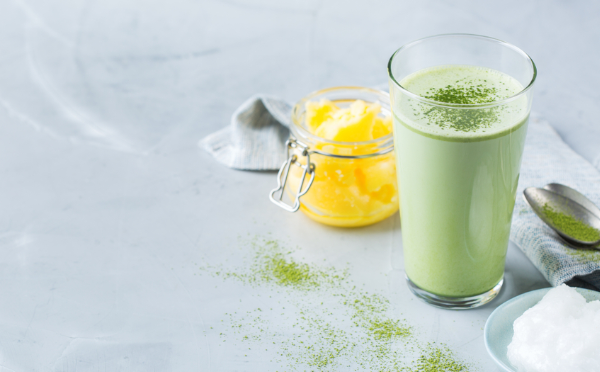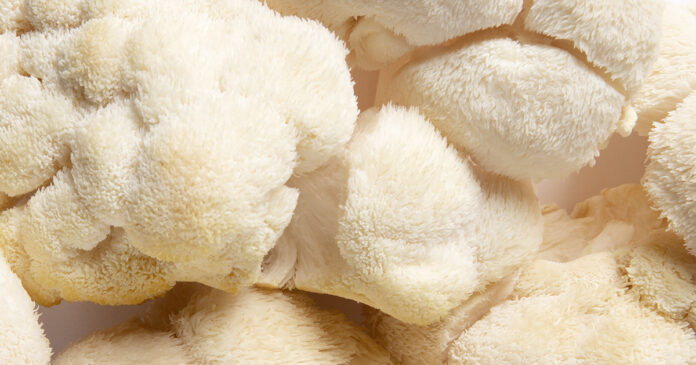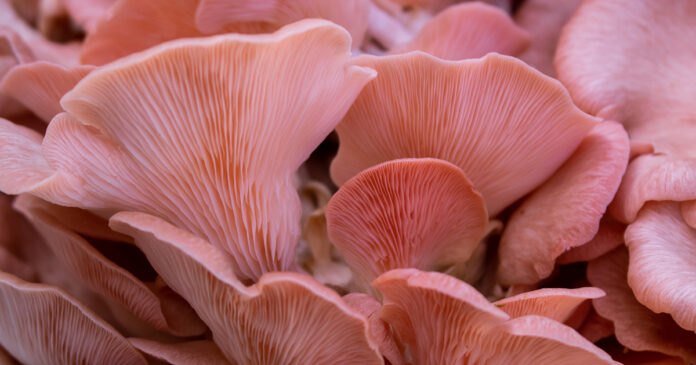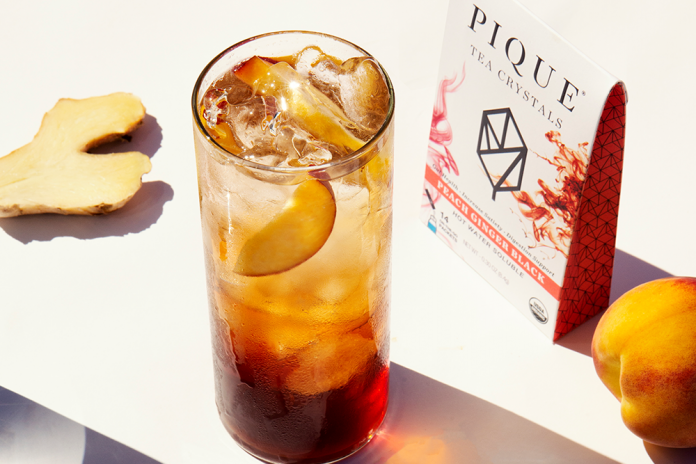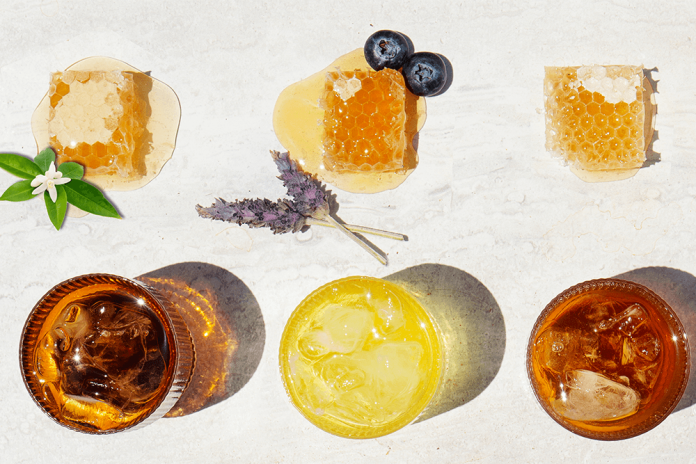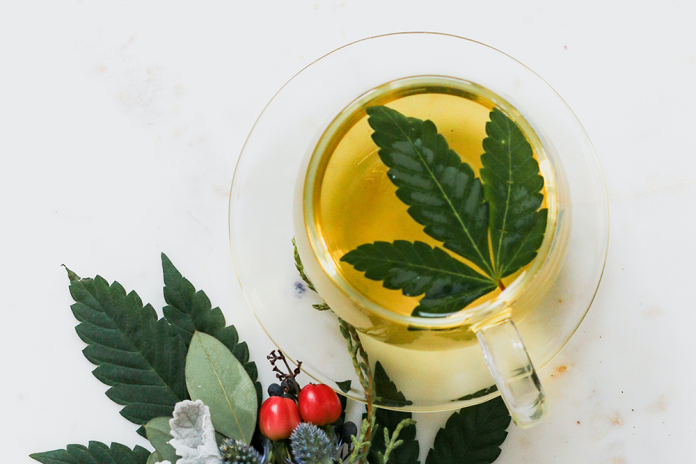Do you remember when “bulletproof coffee” was the latest diet trend to takeover headlines? The drink (typically a mix of coffee and butter), was pitched as a breakfast replacement that would ultimately help you maintain energy while burning fat and losing weight.
It’s still popular among ketogenic dieters, although it has lost some of the buzz it garnered several years ago.
What you might not realize is that buttered coffee is NOT just a new, crazy idea.
The fat-rich drink (and its purported health benefits) has roots in ancient Tibetan tea culture and something called butter tea.
Yes – butter tea is a real thing.
Is it something you might want to try? Read on to find out!
A Brief History of Butter Tea
Tibet, a region of southwest China, is a land characterized by high altitudes and cold, dry air. The “low altitude” regions of Tibet may still be as high as 7,000 feet above sea level. Some villagers live at or above 14,000 feet. And the higher you go, the colder it gets. In some regions, the average temperature is as low as 20 degrees Fahrenheit, not accounting for wind chill [1].
These harsh conditions are what made butter tea popular among the farmers, herders and nomads in the region.
Often called “yak butter tea,” the Tibetan beverage is really more of a thin porridge than a tea.
To make it, black tea (traditionally, the fermented pu’erh version) is added to a bowl of barley powder, cheese curds, salt and a heaping tablespoon of butter made from yak milk. The hearty drink provides warmth and comfort, as well as critical fat and calories needed to fuel the drinker over a long morning of outdoor activity [2][3].
The man responsible for the popularization of “Bulletproof Coffee” (the brand name version of butter coffee) was apparently inspired by a visit to the Tibetan plateaus when, after a long and wearying hike, a cup of butter tea offered to him by a local villager made him feel invigorated and renewed.
Of course, there are a few key differences between the traditional Tibetan tea and its modern-day reincarnations.
Is it healthy? Butter Tea vs. Butter Coffee
The first and most noticeable difference is the caffeinated liquid at the base of the drink.
Depending on the variety, the flavor profiles of coffee and black tea can be quite similar, with roasted nut and caramel undertones and a hint of bitterness. Both also provide a dose of antioxidants.
The key difference lies in caffeine content. Black teas generally contain less – 50mg per cup on average, versus the 75mg to 100mg found in a cup of joe. That difference also results in two unique physical reactions. Tea tends to have a calm energizing effect, whereas coffee may increase your heart rate, raise blood pressure and contribute to feelings of anxiety.
The type of butter matters too.
Yak milk is richer in polyunsaturated fatty acids and conjugated linoleic acid, both of which support a healthy lipid profile (i.e. optimal levels of HDL and LDL cholesterol and triglycerides) and overall heart health [4][5]. Cow’s milk contains more cholesterol and saturated fats. Grass-fed butter, however, does tend to contain more unsaturated fats like Omega 3s, which is a bit more similar to the fat composition of Tibetan butter tea [6].
The third big difference between these buttery beverages is the absence of grain in the coffee-based version. The barley powder used in butter tea is more than a thickening agent – it also adds fiber, niacin, thiamin, pyridoxine, iron, magnesium, phosphorus, selenium and folate [7].
In fact, one of the biggest criticisms skeptics have launched against the health benefits of butter coffee has nothing to do with its high fat or calorie content, but rather the absence of any other nutrients.
The Debate over Fat
The premise behind butter coffee’s claims that it can help drinkers lose weight is the same premise behind the ketogenic diet.
In essence, our bodies generally burn a mix of fat and carbohydrates for energy. But when we consume very high fat, very low carb diets, the body naturally begins to burn more fat than carbs. After all, it can’t burn something that isn’t there, so it will utilize the fuel that is most readily available. When we rely predominantly on fat for energy, we enter into a state of “ketosis.” In ketosis, the body can more efficiently break down stores of body fat as it searches for more fuel. This is why the ketogenic diet has been lauded as an effective weight loss strategy. [8]
To stay in ketosis, however, your high fat, low-carb diet has to be consistent. It takes more than one buttery breakfast beverage to alter your metabolism. So where does butter tea fit into the diet for those of us who aren’t in constant pursuit of ketones?
Does a daily scoop of butter still have health-promoting benefits for those of us sticking to more balanced diets, and does it offset the many benefits conferred by tea’s antioxidant activity? Saturated fat, after all, can increase inflammation and oxidative stress at least temporarily. Are we better off enjoying tea on its own? [9][10]
For answers, we can again look to the Tibetans. In Tibetan culture, yak butter tea is not on the menu every day. Yak butter is valuable, and most of the people who produce it make a living by selling it, not keeping it for themselves. Butter tea is generally reserved for guests and special occasions.
This means it’s a luxury enjoyed in moderation. And that’s how we should think of butter tea in our own lives.
Though many studies have found a correlation between saturated fat intake and a higher risk for cardiovascular disease, many others have found no link at all. Among the scientific and medical community, the consensus remains that saturated fat has very minimal adverse effects on health when enjoyed in moderation. [11][12]
How to Make Your Own
Getting a hold of some yak butter from Tibet may prove difficult, but you can easily make your own butter tea at home following the “bulletproof coffee” recommendation to use grass-fed cow’s butter instead. And instead of the cheese curds, cream or half and half can be substituted.
To get started, boil water for your tea. Let the leaves steep for about three minutes. Opt for loose leaf tea over bagged; the flavor and aroma is richer thanks to the greater surface area of the leaves.
In a large mug, add a quarter teaspoon coarse salt and a half-cup of cream. Then fill the mug with hot tea nearly to the top and drop in two tablespoons of butter. Stir vigorously with a fork or small whisk until the ingredients are thoroughly blended and the final product is thick and creamy.
For a vegan alternative, coconut oil can be used in place of butter and cream. Although it is one of the few plant-based fats that is mostly saturated fat, studies show that coconut oil does not raise LDL cholesterol (the “bad” kind) and instead raises HDL cholesterol (the “good” kind). [13]
The Takeaway
Authentic butter tea is a hearty, caloric brew designed to warm up and fuel farmers, herders, and nomads in the challenging climate of the Tibetan plateau.
Though the traditional recipe made with yak butter, cheese curds and barley powder can be tough to replicate, adding grass-fed butter to a cup of good quality black tea is a suitable substitute. To make the brew a little heart-healthy, opt for coconut oil instead of butter.
But keep in mind this tea is still rich and high-calorie so should be enjoyed only occasionally.
